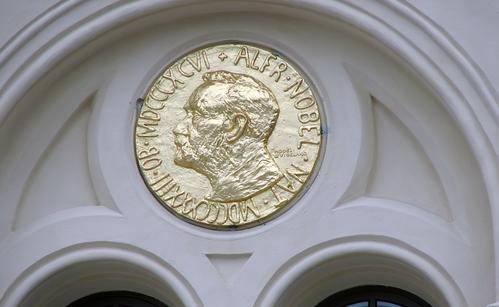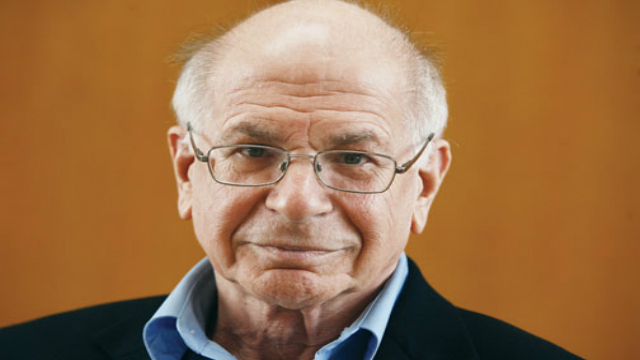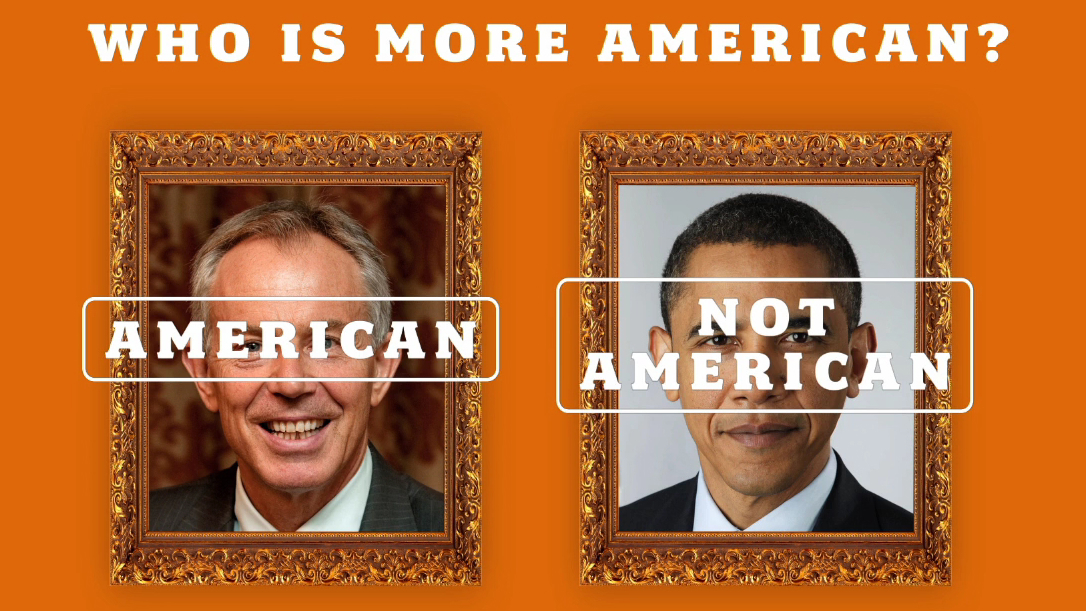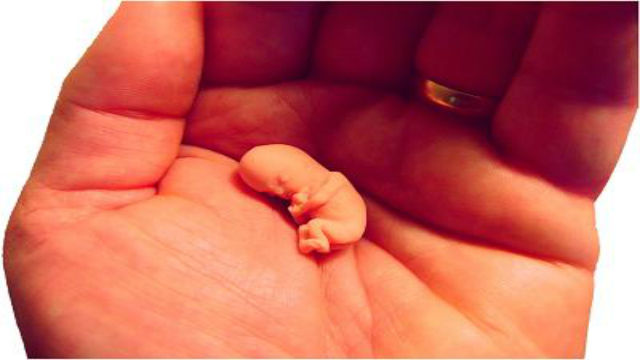Now into its fourth week, the Occupy Wall Street movement lacks a visible leader and a single set of demands. Is that a tenable platform for political change? It just may be.
Search Results
You searched for: Structure
What happens when scientific investigation gives us a conclusion we do not like? Do we load our guns of conformity, light the canons of outrage, and march on?
As soon as 2025, large parts of the world could experience perrennial water shortages, says Dr. Upmanu Lall, director of the Columbia Water Center and a leading expert on hydroclimatology, climate change adaptation, and risk analysis.
In the car, I listen to country music. Country has an ideology. Not to say country has a position on abortion, exactly. But country music, taken as a whole, has […]
My post discussing Brian Leiter’s proposal to seize 75% of the 1%’s wealth reminded me of a Michael Kinsley piece I meant to comment on last month, but never got […]
Several of the most recent recipients of the Nobel Prize in physics, chemistry and medicine share their work habits, their inspiration and what else put them on the path to Nobel gold.
“Retention, even in difficult times,” says Rich Lesser of Boston Consulting Group, “becomes a bellwether for employees about whether they should invest back in you, and so your priority is . . . to know the things that are most important to your future success, and invest starting with the people.'”
Above all else, Kahneman’s legacy will be a precise, empirical reminder of our own fallibility, and a roadmap of the cognitive traps to which we’re most vulnerable.
Will the conflict between intellectual property and the value of sharing knowledge be resolved?
In each generation, our most brilliant thinkers lay the foundations on which lesser lights will build a new, bloated bureaucracy of the mind. Can experimental philosopher Jonathon Keats help us break the cycle?
As our political and media systems rapidly evolve, social scientists are revisiting and updating existing models, theories, and methods for investigating the effects of the media on political attitudes and […]
Tara Sophia Mohr has a challenge for working women. “You’re brilliant and thoughtful, but could you move a few more inches in the arrogant idiot direction please?” Be an arrogant idiot is rule #5 of Mohr’s 10 Rules for Brilliant Women.
As nanodevices get smaller, they demand new fabrication methods. By turning a problem in into an advantage, M.I.T. researchers have made structures a mere 30 atoms wide.
What’s the Big Idea? A door to solving several public-policy challenges opens if health insurance is separated from employment. It’s an approach with features attractive to both major parties- and […]
There’s nothing inherently wrong with stereotypes. In fact, cognitive psychologists argue that we need them in order to survive.
In Monday’s GOP primary debate, Newt Gingrich earned praise from conservatives while drawing justifiable anger from many for his labeling of Barack Obama as the “food stamp president.” As the […]
I wanted to highlight this excellent post on JT’s blog about the rewards of activism: Joe was sick in the hospital, and asked a friend of his to go down […]
In this guest post, David Bellos, director of Princeton’s Program in Translation and Intercultural Communication, demolishes the Great Eskimo Vocabulary Hoax. New Yorkers have more words for coffee than Eskimos do for snow, he says.
–Guest post by Faizullah Jan, American University doctoral student. Single Page View “We are the 99%,” proclaim the protesters participating in the Occupy Wall Street marches and sit-ins. Without a […]
What’s the difference between a Jackson Pollock painting and a finger-painting? Why is “The Magic Flute” so enduring, while other classical compositions have been forgotten? Leon Botstein, the dean of Bard College, examines what we’re talking about when we talk about art.
Since, at its heart, Occupy Wall Street is a conversation about values that is leading to direct action — a beta test for a better society — people should not despair that it is a “leaderless movement.”
In September, in a speech at the Corto e Fieno Film Festival in Italy, award-winning science and environmental filmmaker Larry Engel reflected on the attributes that make for a successful […]
Brian O’Neill, co-founder of Waq al-waq, remembers Chris: As most people reading this today already know, Chris Boucek- suddenly, unexpectedly, tragically, passed away this morning, at the shockingly young age […]
You listen in on a conversation among your conservative friends. “You know what I HATE,” says Rick. “I hate the government telling me what to do. I hate them […]
Over the past decade, there has been an explosion of research from the social and behavioral sciences offering insight on how individuals, social groups and political systems come to understand […]
We become high achievers by working on something important—all the while procrastinating doing something even more important.
We now have the power to map the brain, peering into the human mind to decode words from silent thoughts. But what will human consciousness look like, if we ever finally catch a glimpse of it? Neuroscientist Joy Hirsch kicks off the debate.
From an evolutionary perspective, our quickness to judge faces certainly makes sense. We need to know if someone is friend or foe, if he is strong or weak, if we can trust him or not. And we need to know quickly, before something bad happens. But is that quickness still as good when it determines national political outcomes?
While I voted yesterday, I thought about the Occupy movement. As I cast a “yes” ballot for the right to buy alcoholic beverages on Sundays at package shops in John’s […]
Steven Pinker is a cognitive psychologist interested in language as a window into the human mind. In this excerpt from his linguistics lecture for the Floating University, he illuminates some of the mysteries surrounding children’s hardwired ability to learn language.



























